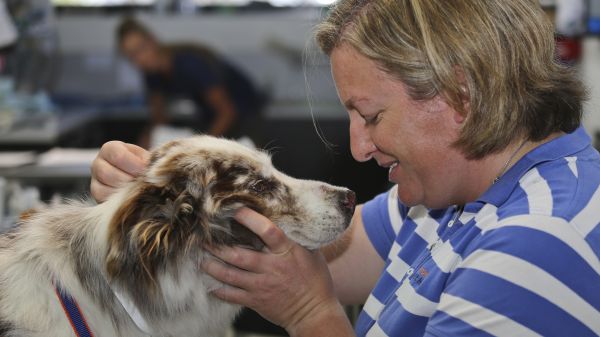|
Meet Maddie, a scrawny 14 year old tortoiseshell cat who is always in search of a meal.
A check up revealed Maddie had lost nearly 17% of her body weight in the past year. This was despite her ravenous appetite and regular snacks around the neighbourhood.
A blood test revealed grossly elevated levels of thyroid hormone circulating in her body. She was suffering from an endocrine disease called hyperthyroidism. This condition is not uncommon in older cats and an overproduction of thyroid hormone results in an out-of-control metabolic rate, upsetting the regulation of carbohydrates, fats, and protein as well as the function of the heart.
Common signs of hyperthyroidism:
• Weight loss despite a normal or increased appetite
• Poor coat quality
• Vomiting
• Increased thirst and urination
There are different options for the treatment of hyperthyroidism and the treatment of individual patients depends on how well the kidneys and the heart are functioning.
Maddie has since commenced treatment with a transdermal medication and is gaining weight. We will monitor Maddie’s progress closely with regular blood and urine tests.
Arrange an appointment with us if you think your cat might be showing some of the signs mentioned above.
|
